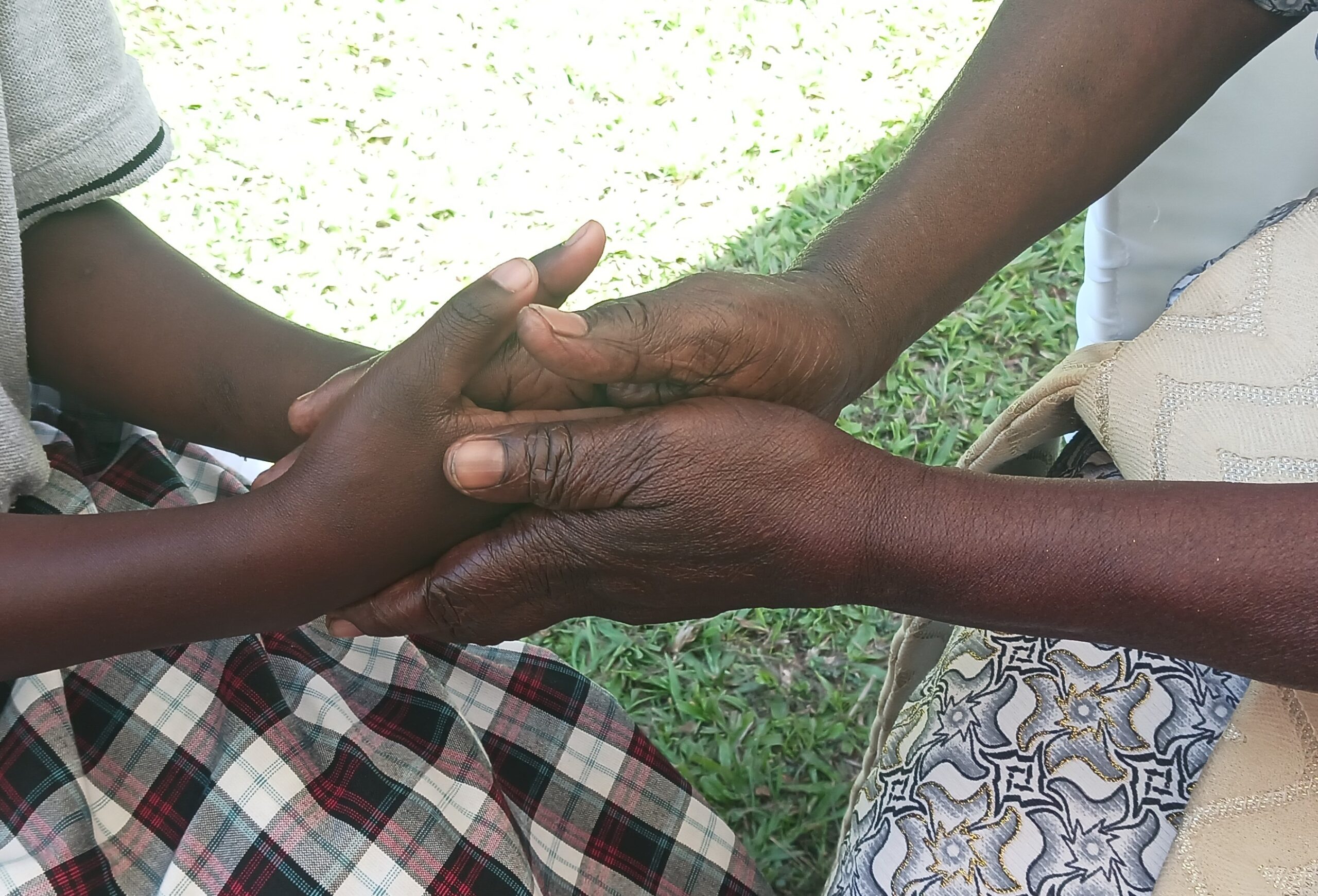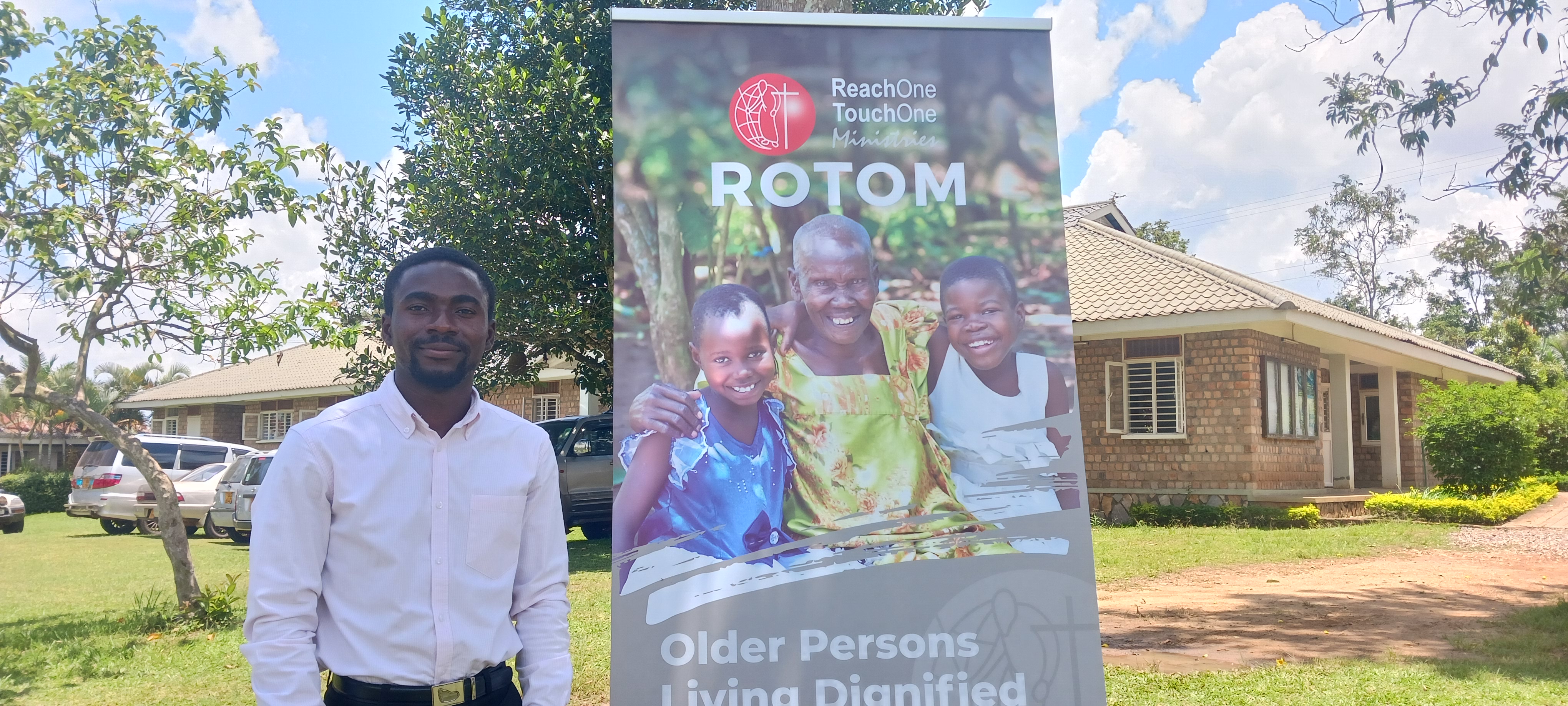
Isaac Kyeremateng, Uganda: Paying It Forward: A Sustainable Life Circle (Post 5, Week 5)
Today, I want to put the spotlight on my practicum site, Reach One Touch One Ministries (ROTOM). This morning, I had the privilege of sitting in on their annual general meeting. To say the least, I was impressed at the organization, efficiency, and professionalism that was demonstrated. The involvement of the Jajja’s (Lugandan word for Seniors, or Grandparents) they serve and the testimony of Alumni and grandchildren was heartwarming. As I left the meeting, I was reminded in a strong way about the importance of sustainability.
ROTOM is a Christian Organization that focuses on geriatric care. But as the founder and executive director of the foundation, Mr. Kenneth E. Mugayehwenkyi, would point out, the organization is not just for seniors. Its vision and mission are to empower seniors and their dependents, through the love of Christ, to attain better, dignified, and fulfilled lives regardless of their faith. For ROTOM, if one Jajja is touched, his or her grandchild can be touched. As ROTOM reaches out to seniors who often lack access to healthcare, food, and other basic needs, they are able to positively influence the life of grandchildren who without assistance would find it difficult to afford an education and other livelihood needs. In the future, the grandchild can touch many more lives.
As I sat at the meeting, I could see how this mission and vision were being actualized through the stories and thorough documentation of their annual report. In spite of the challenges of COVID, they continued to serve and touch people’s lives following the atomic principle of reaching one life with the goal of spreading that one impact. It was amazing to hear and see grandchildren of seniors who have grown to become staff and donors of ROTOM. That is how the seed of one touch is sustained. With the existence of the ROTOM Champions program and ROTOM school, dependents are able to go to school, gain meaningful employment, and take over the care of their Jajja.
Earlier this summer, I learned much about the First Nations people of America. In their literature, and thought, it is common to see that every decision is not taken without considering the effects of that decision on the 7th generation. Indeed, many native tribes have this concept of sustainability. At the time, it dawned on me that with the increasing use of AI, self-drive cars, and a lot of robotic machinery – a case in point is Sophia the robot – much of modern thought courts a future that has human beings absent. Even with humans present, the future consists and depends heavily on machines. But here, I am reminded of the essence of humanity in that we are all connected and much of what we do does not occur in isolation. The seeds sown today will certainly bear fruit tomorrow. The question is, are the proverbial methods of seed planting sustainable? Ultimately, do the methods of planting stand faithful to the idea of paying our blessings forward while holding the sanctity of familial, social, physical, and spiritual human connections intact? I think you know the answer.

